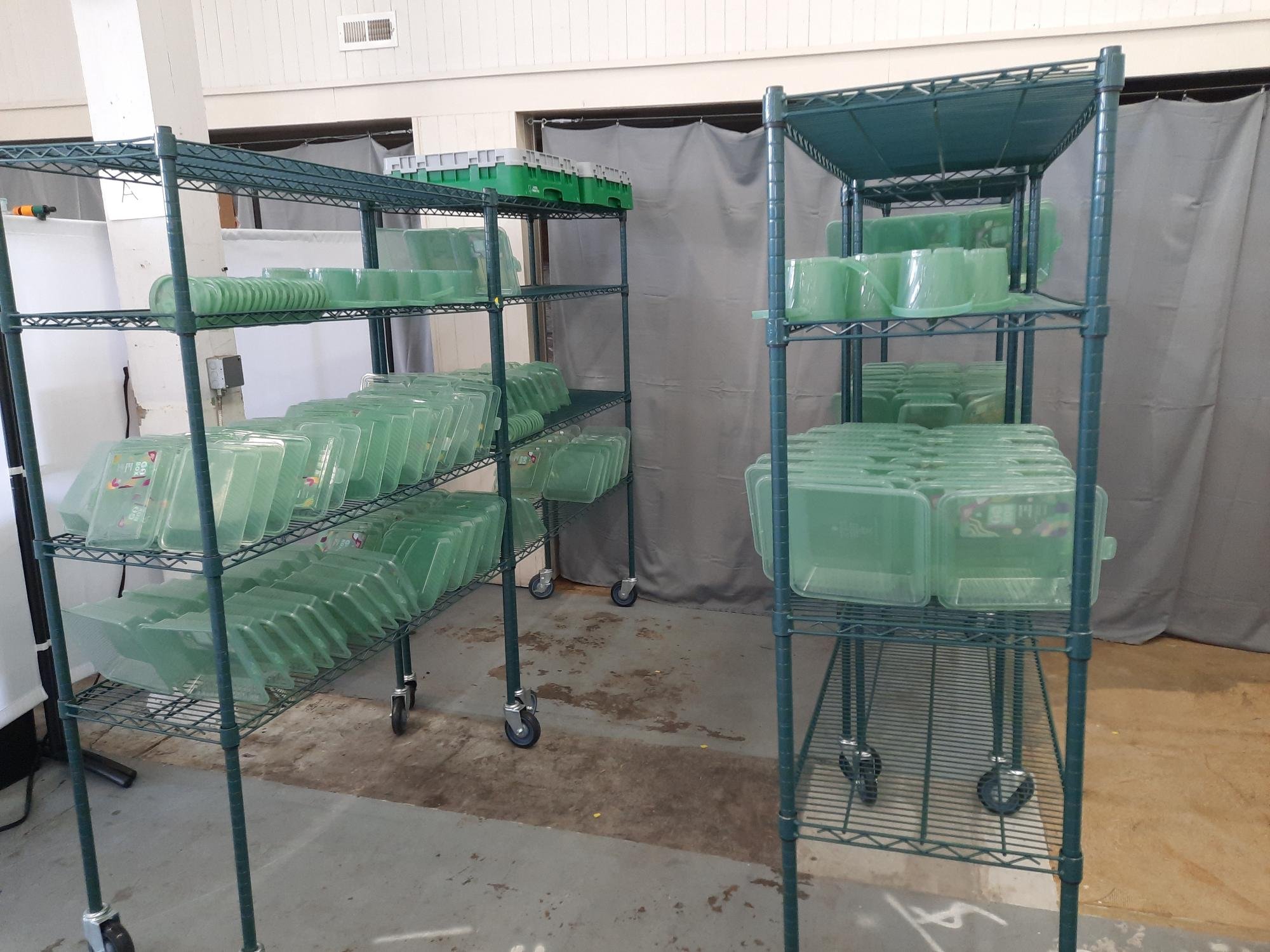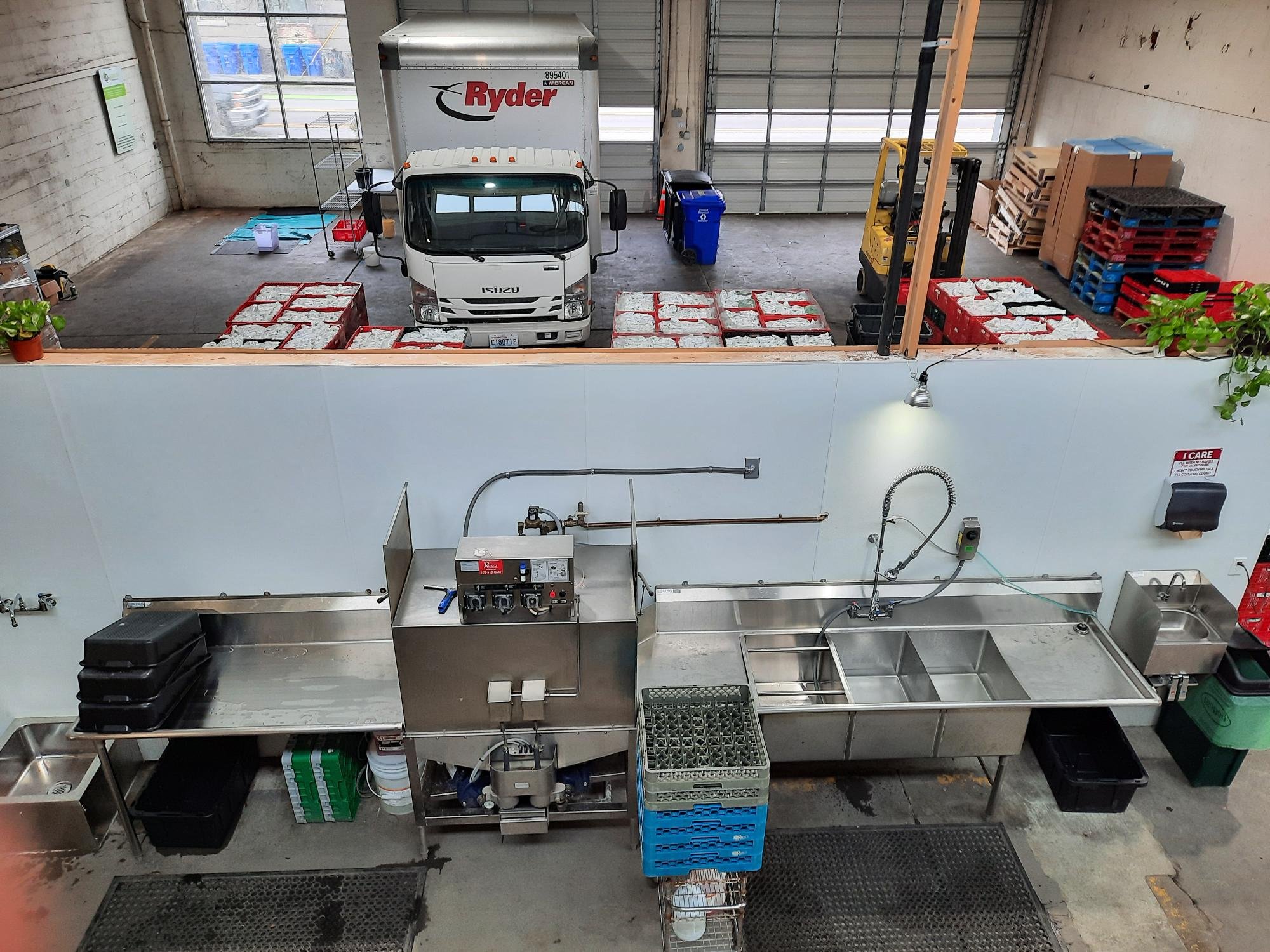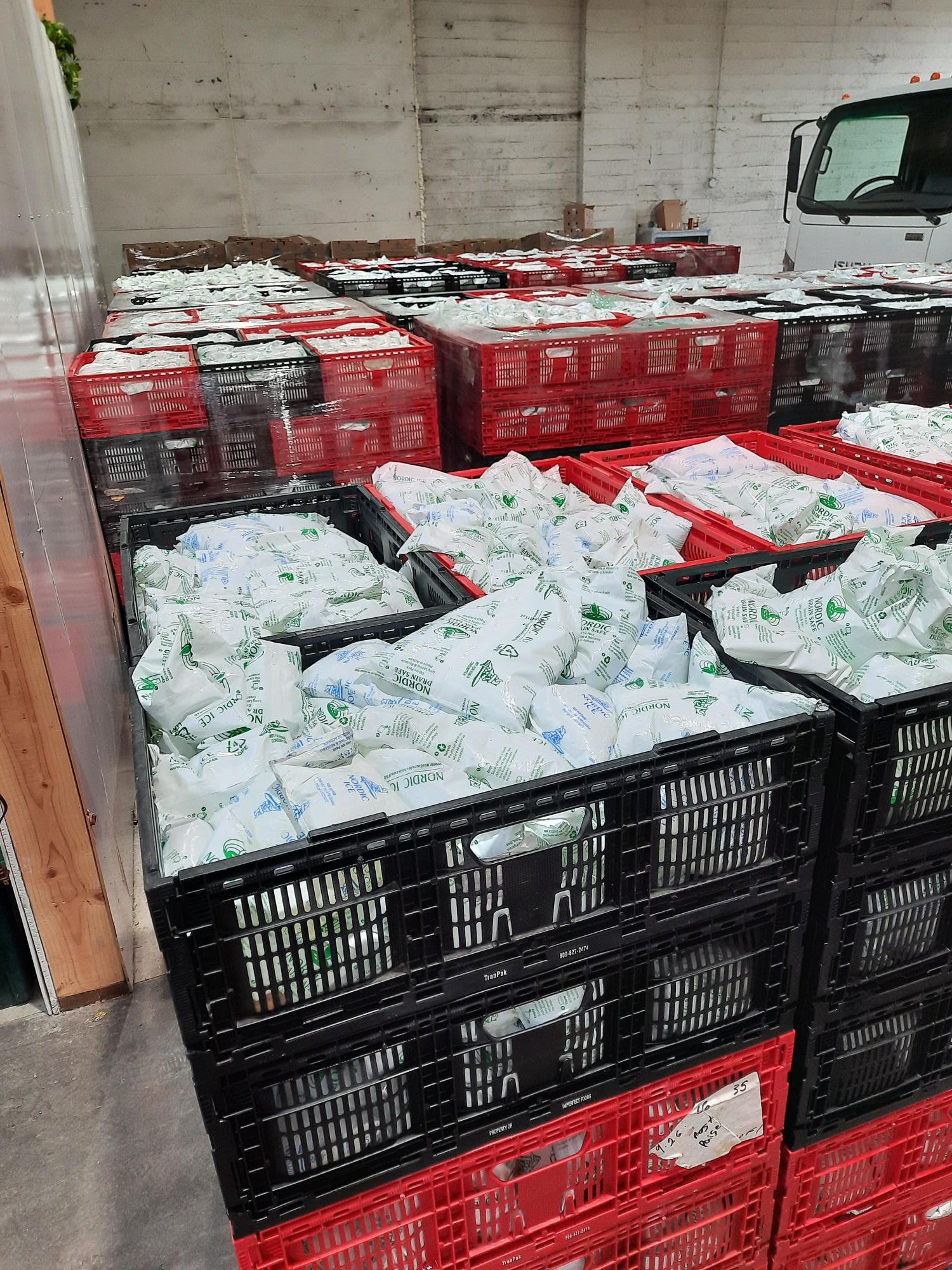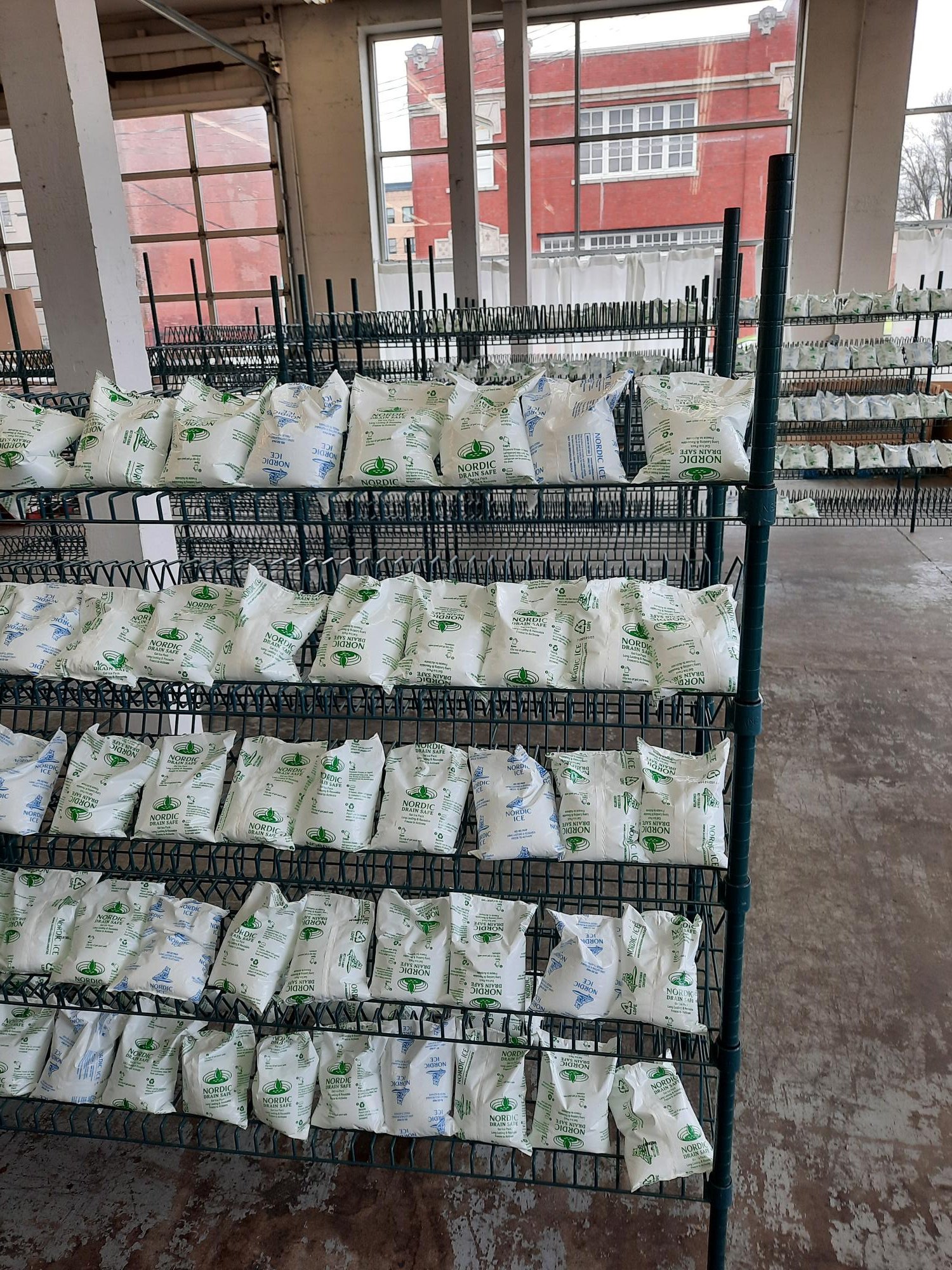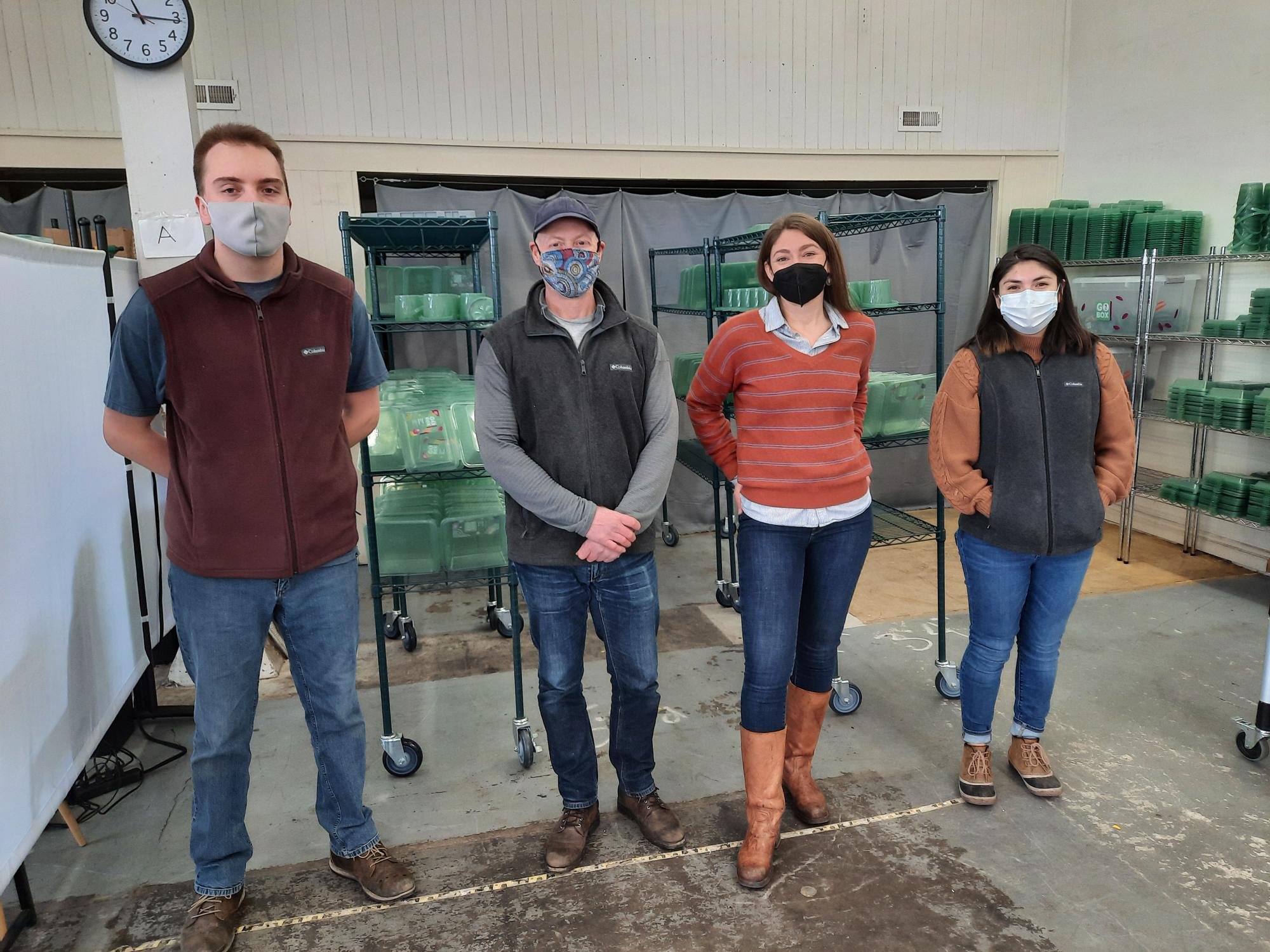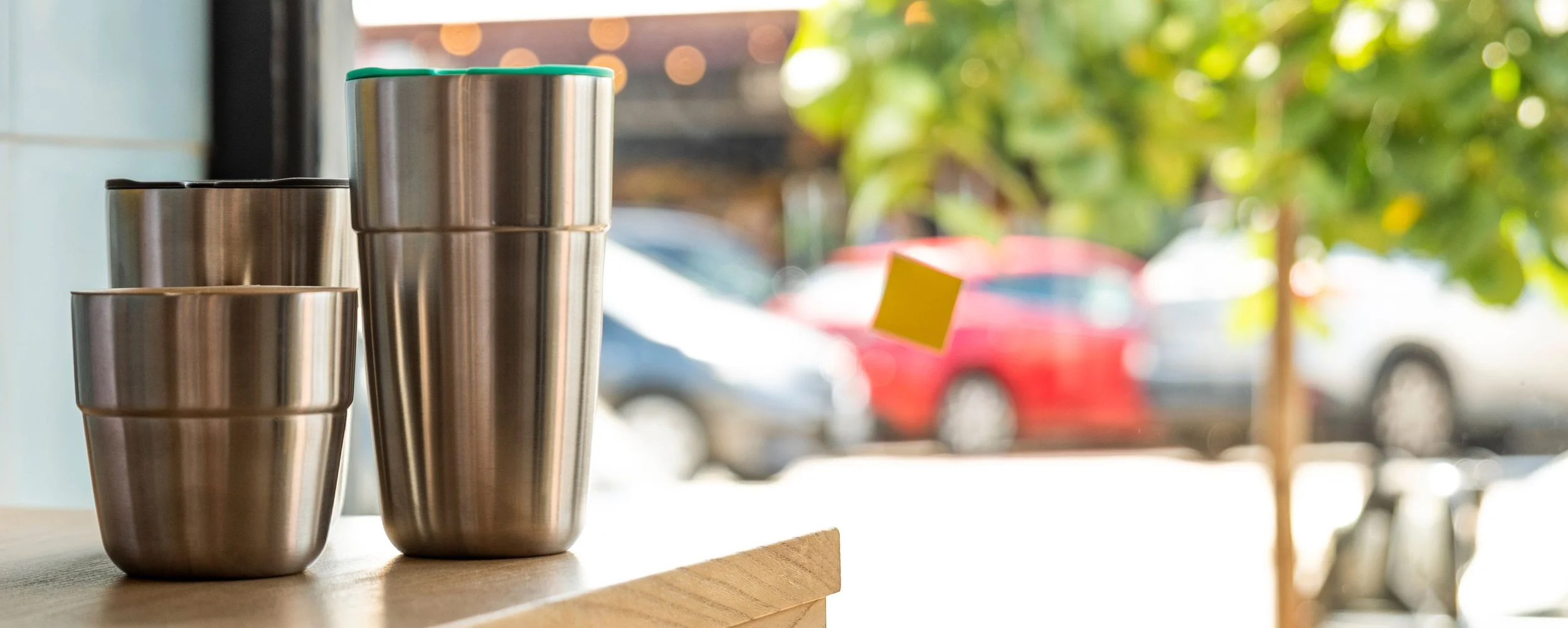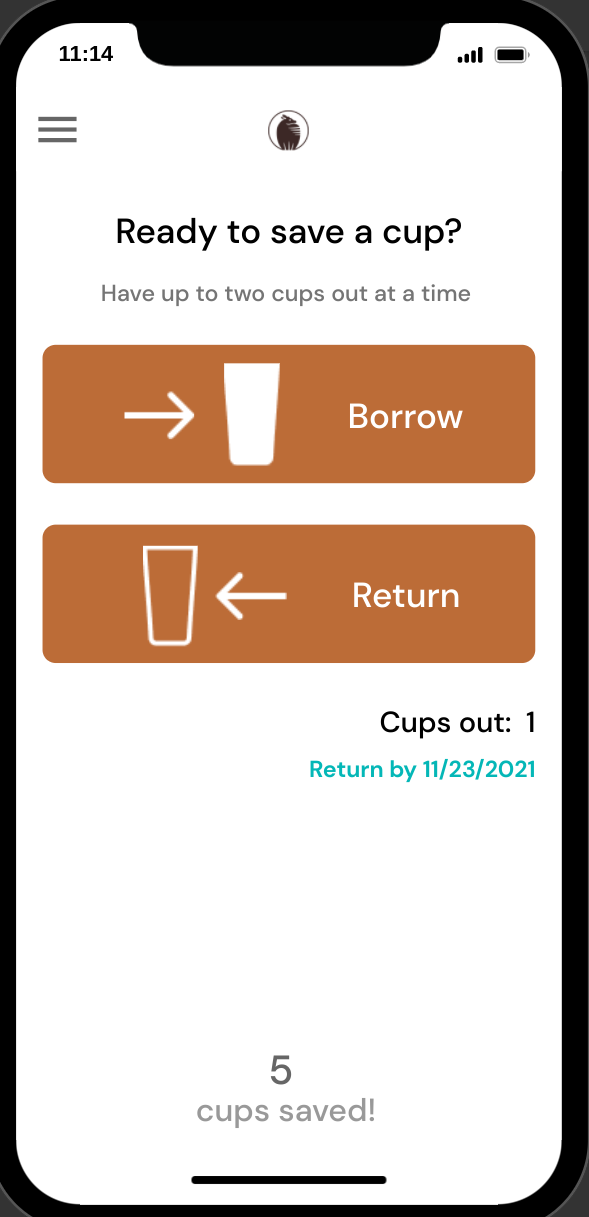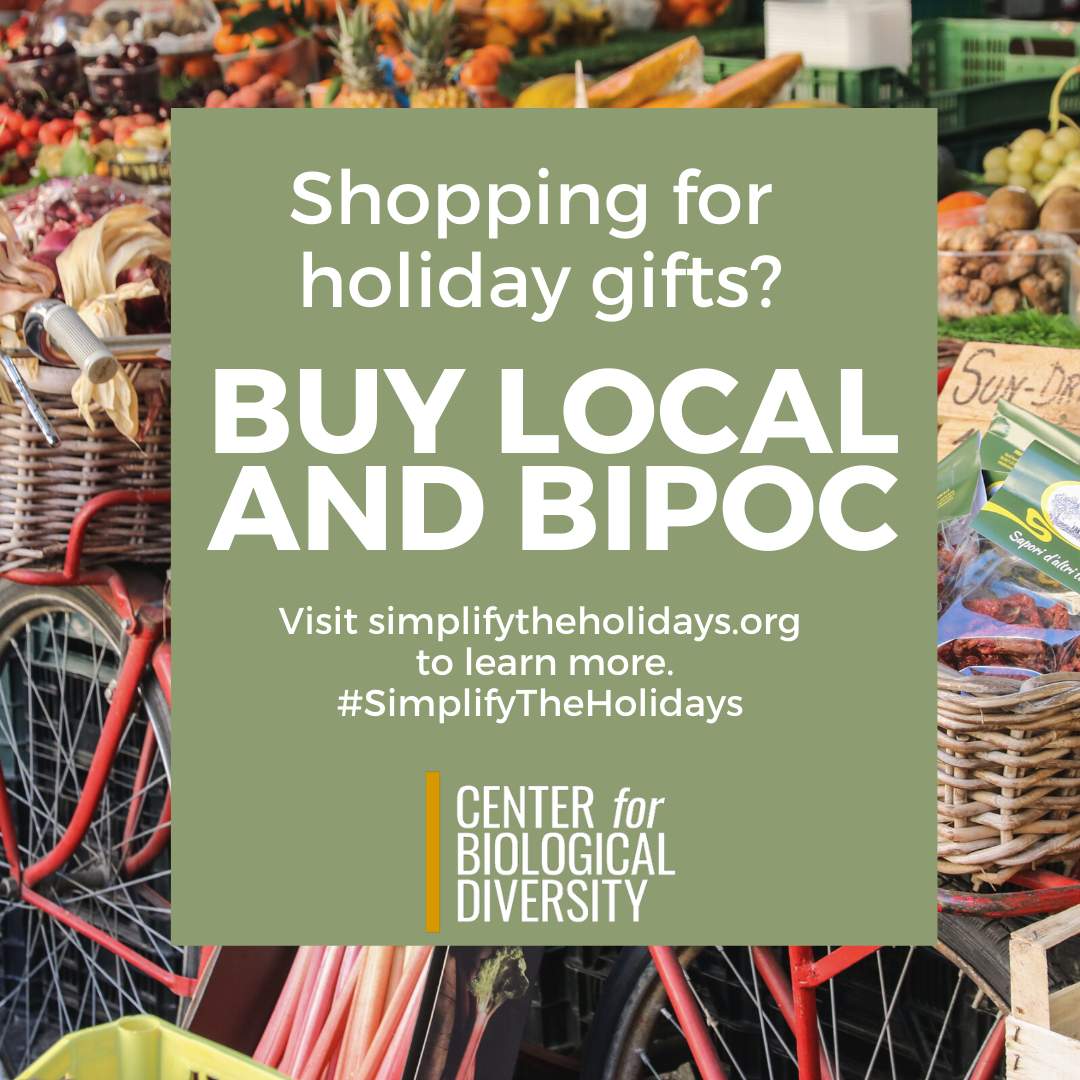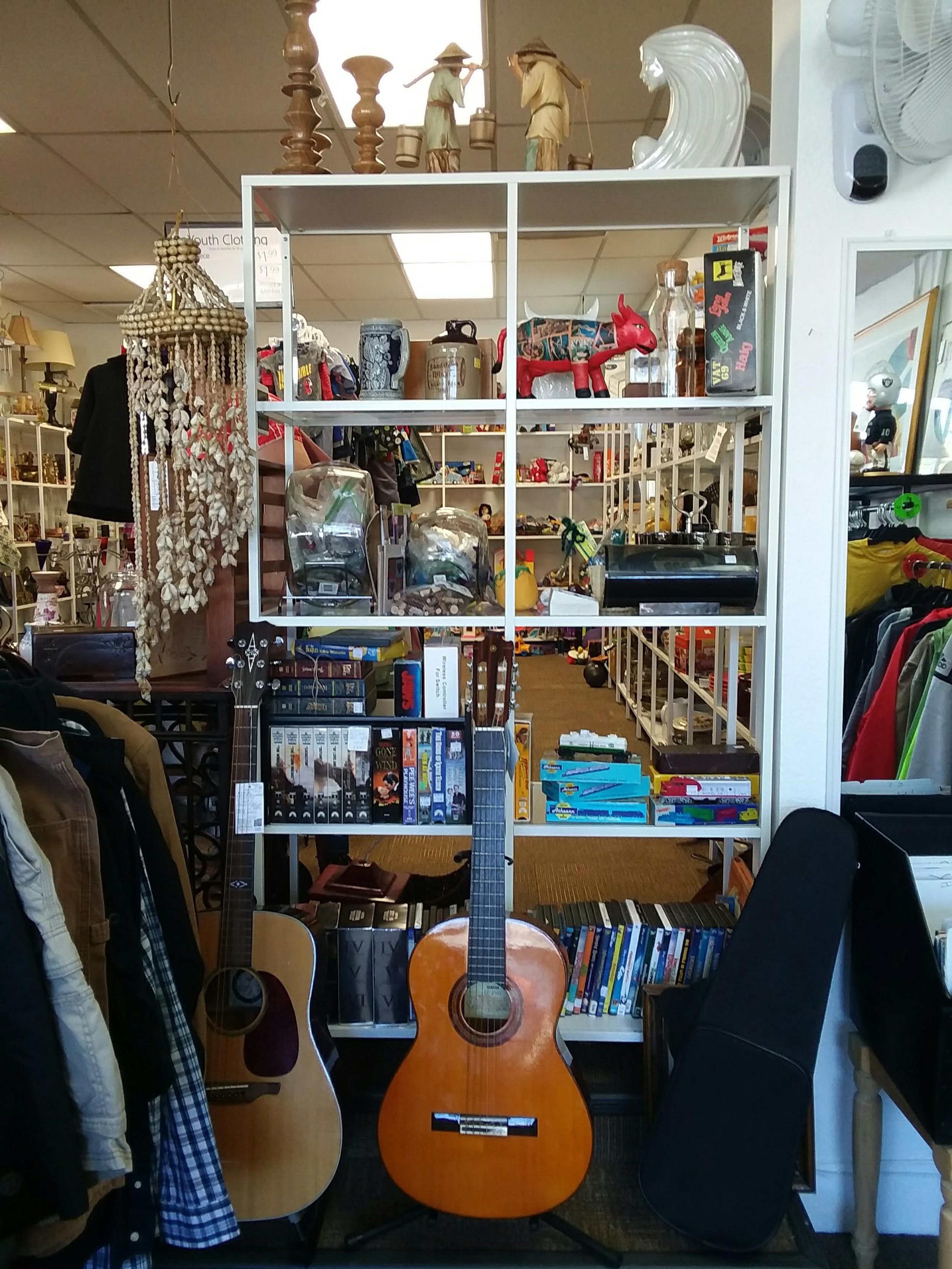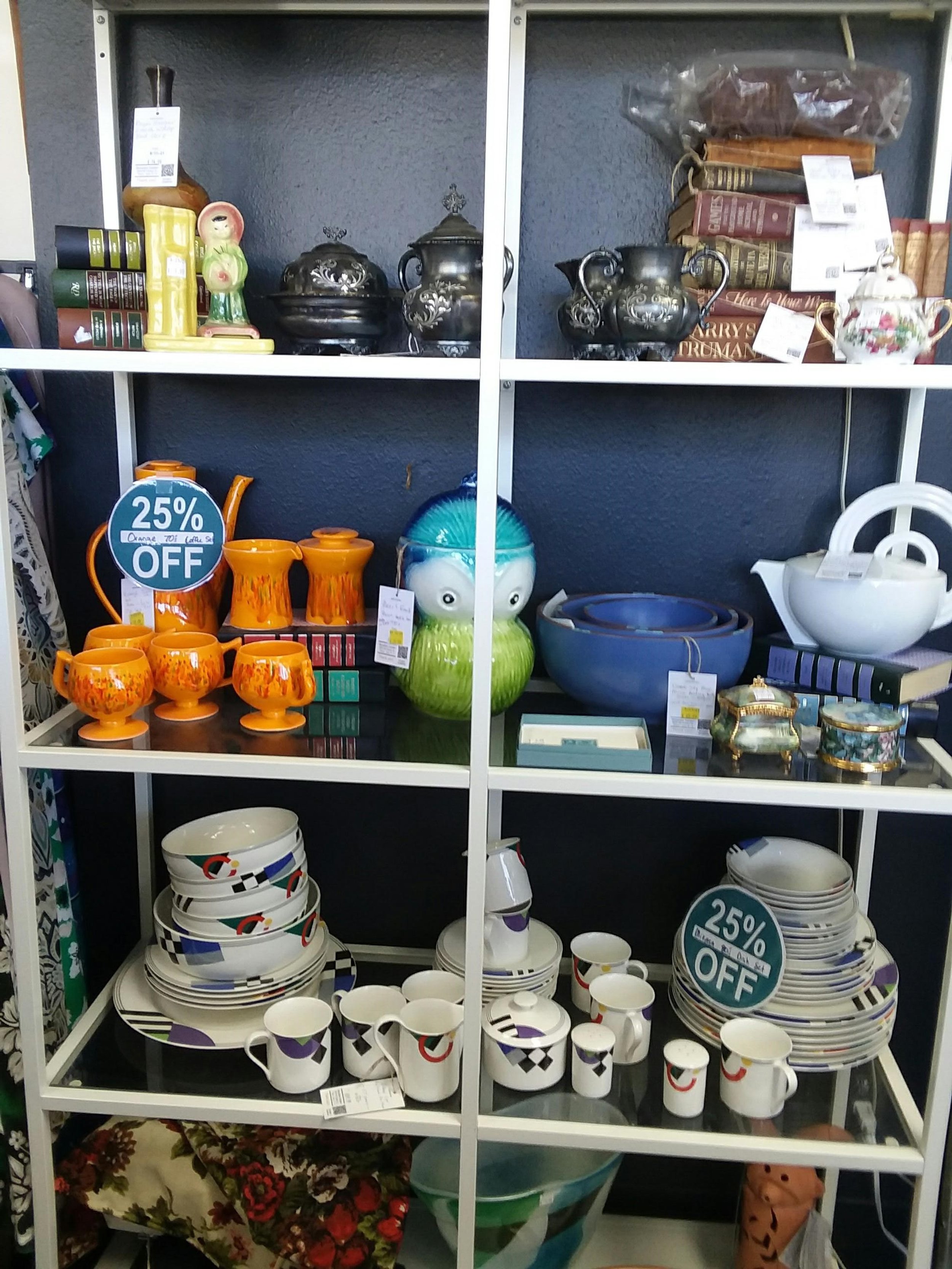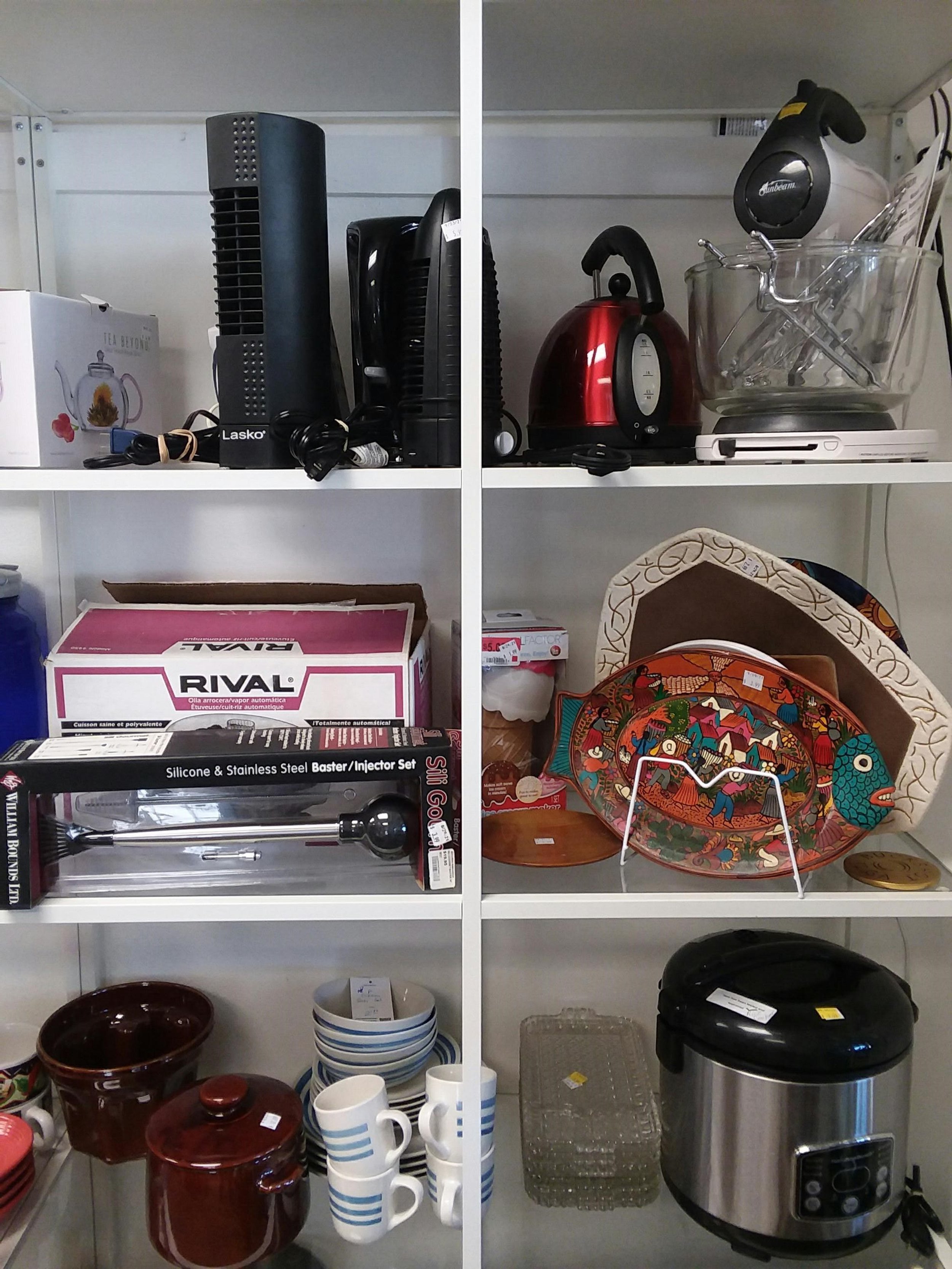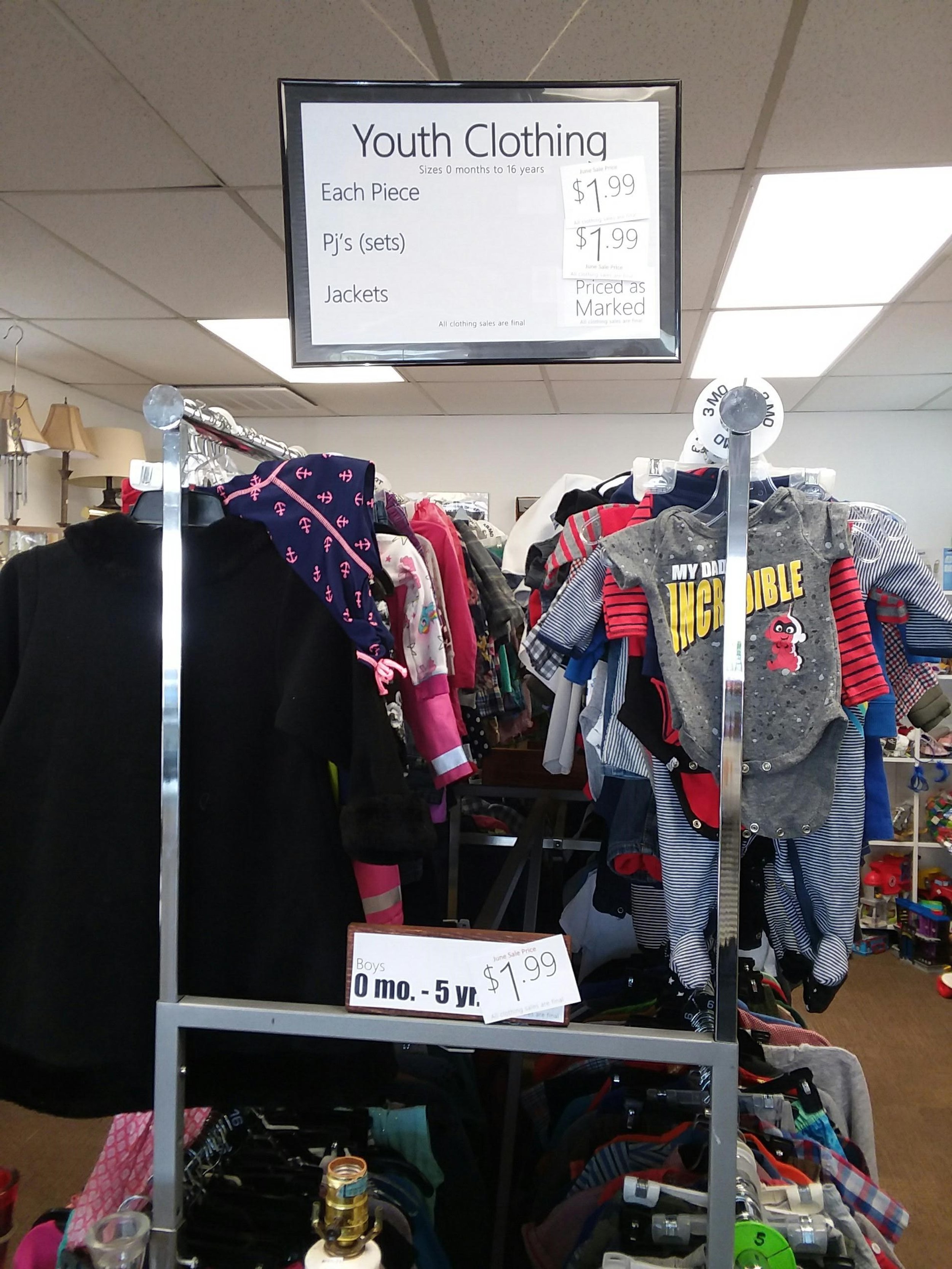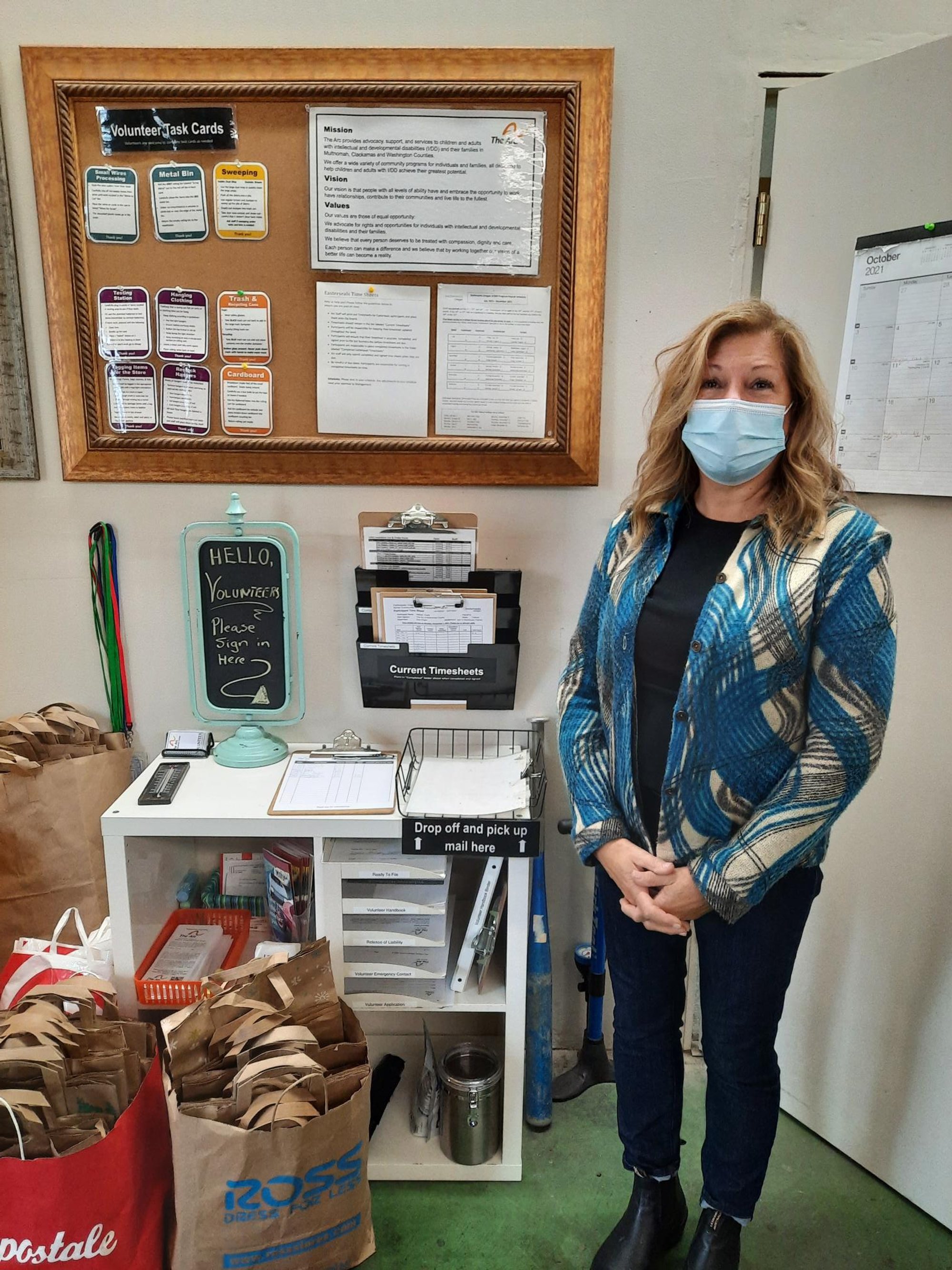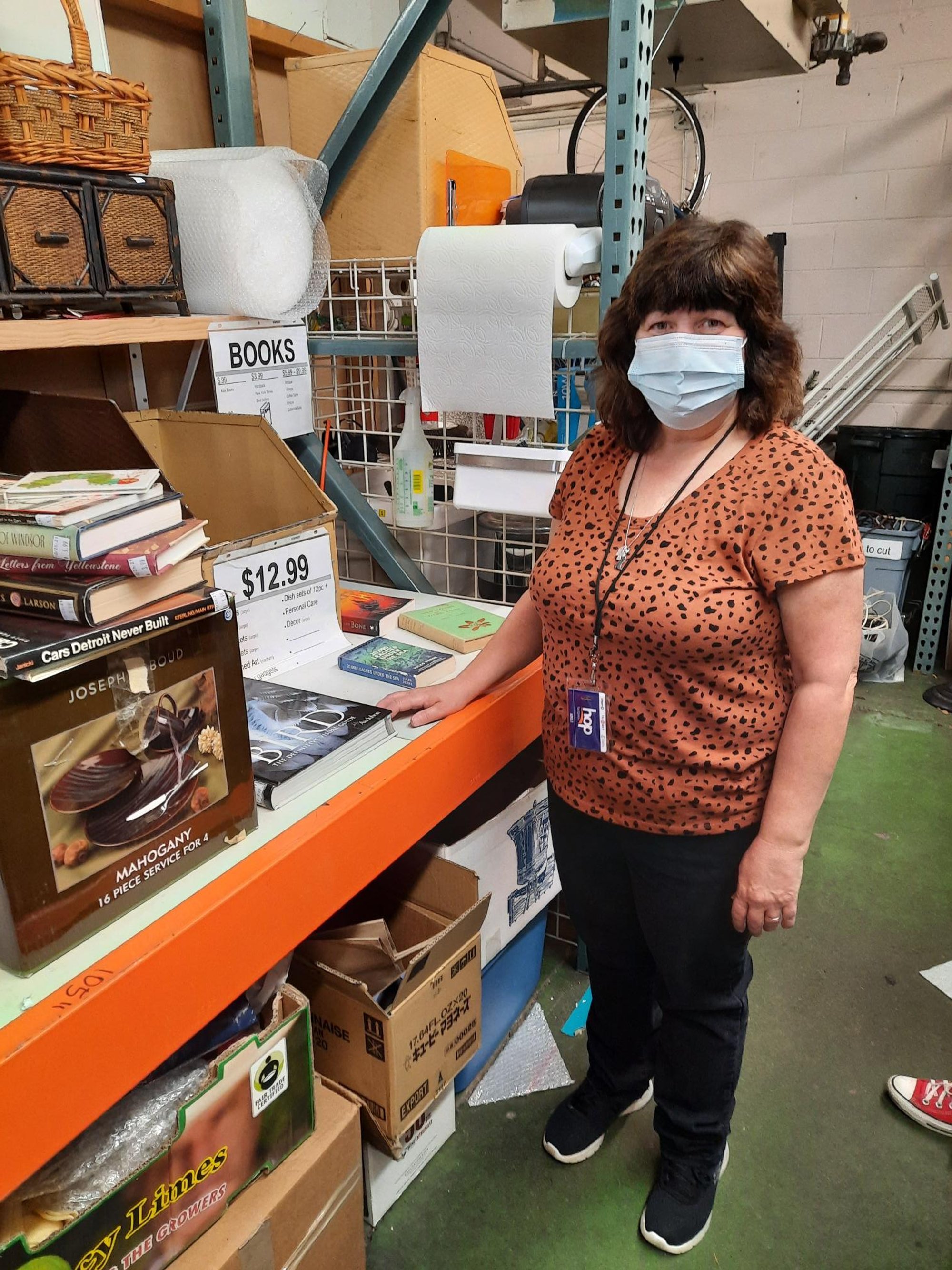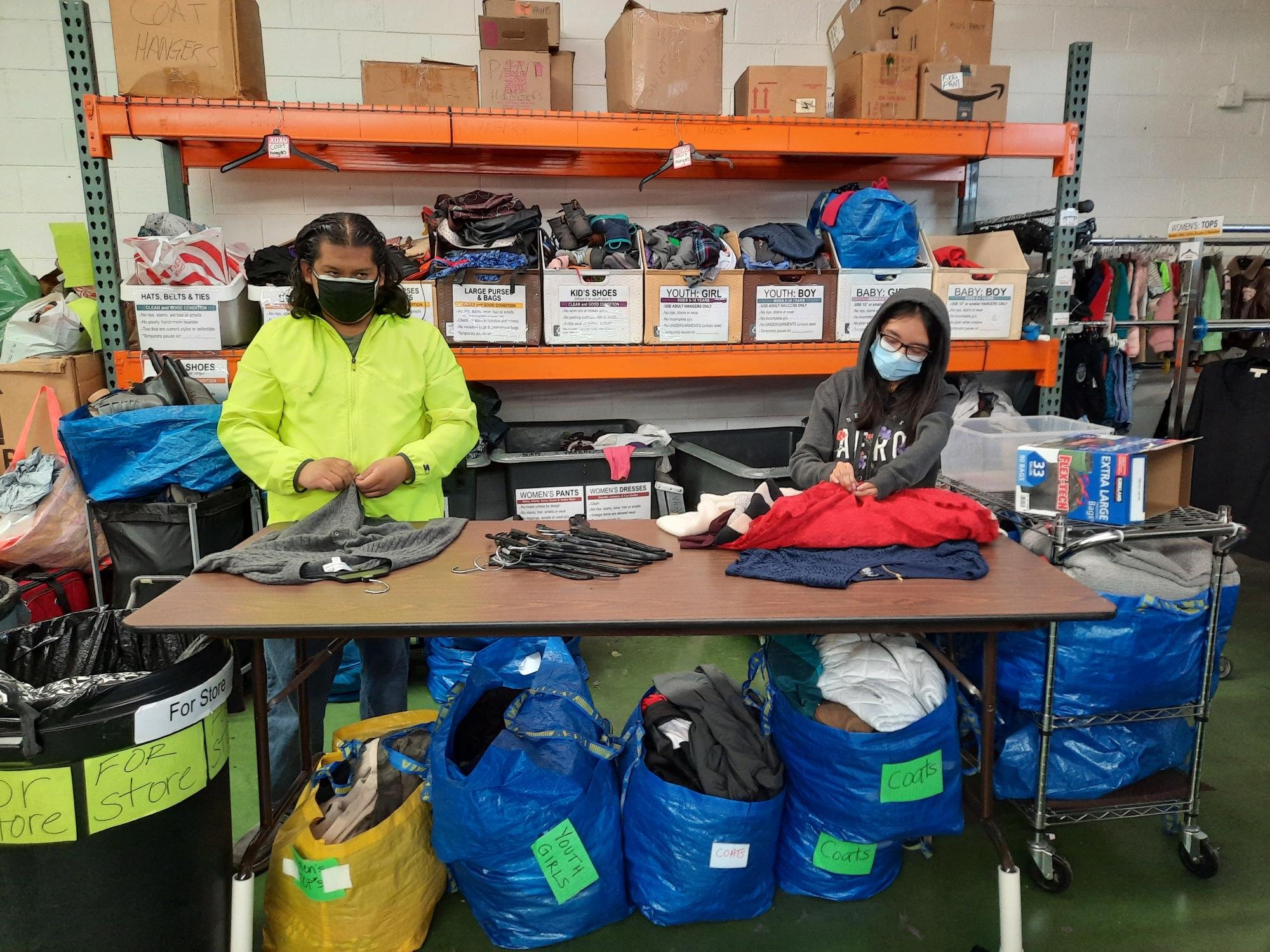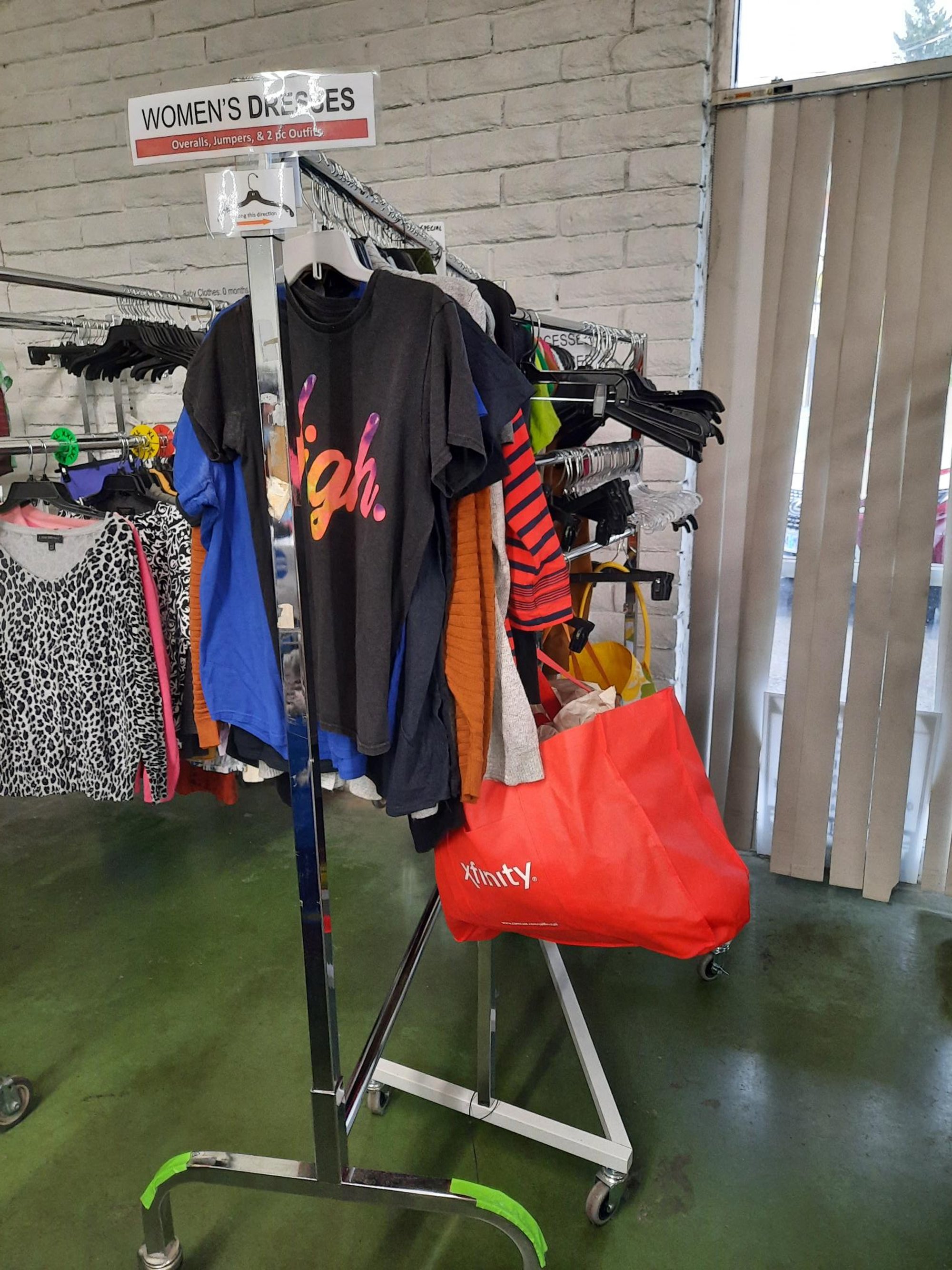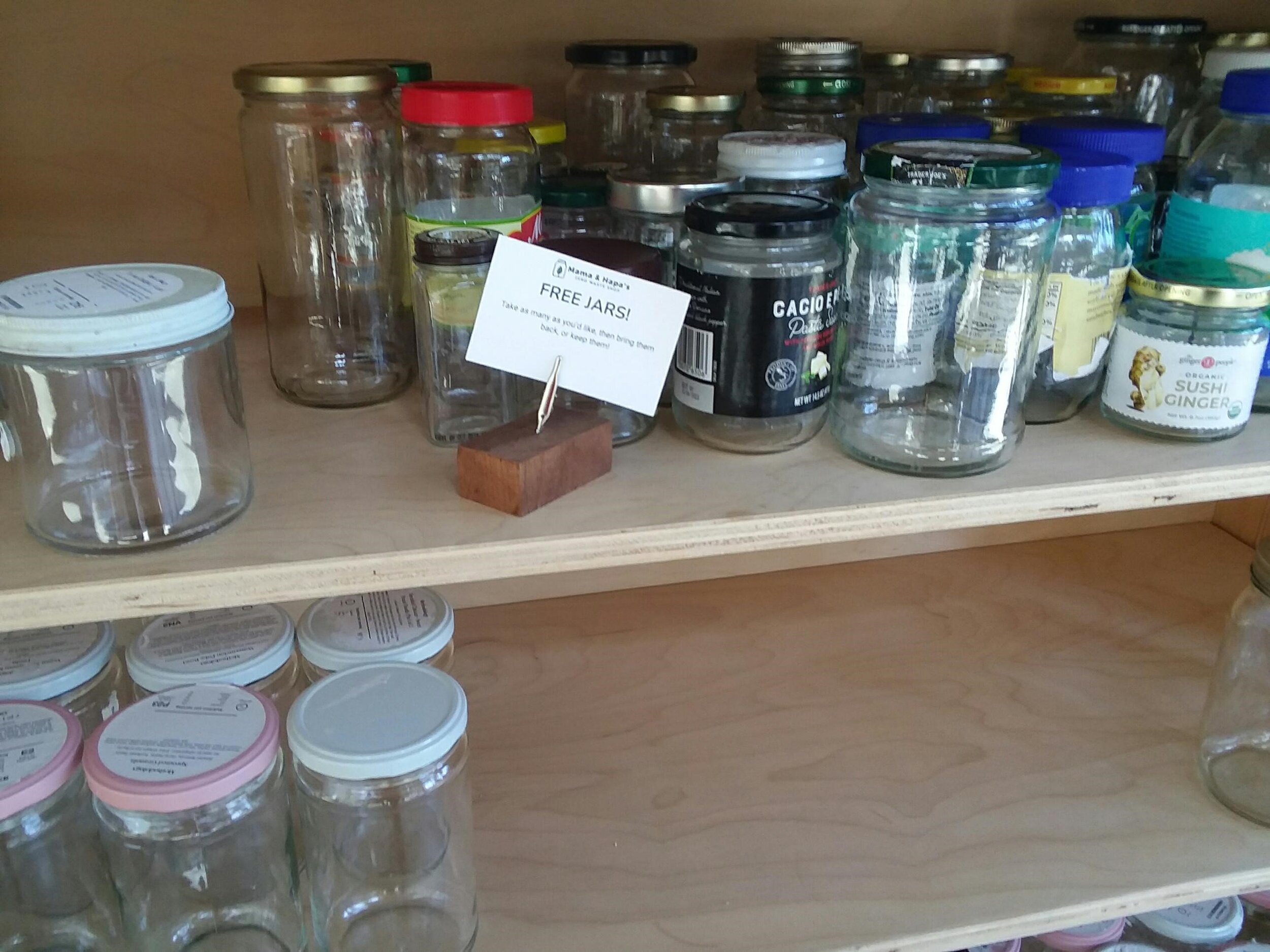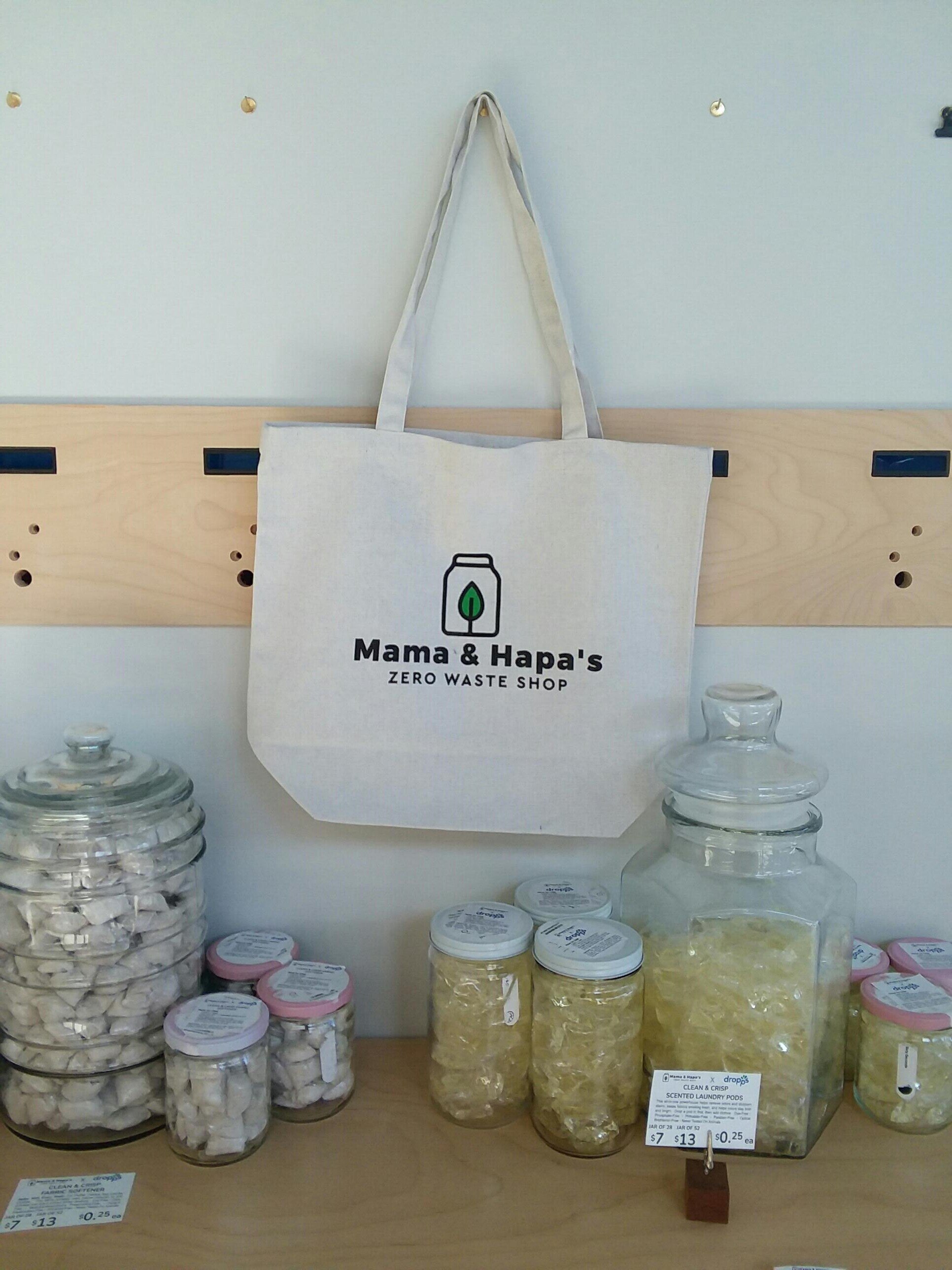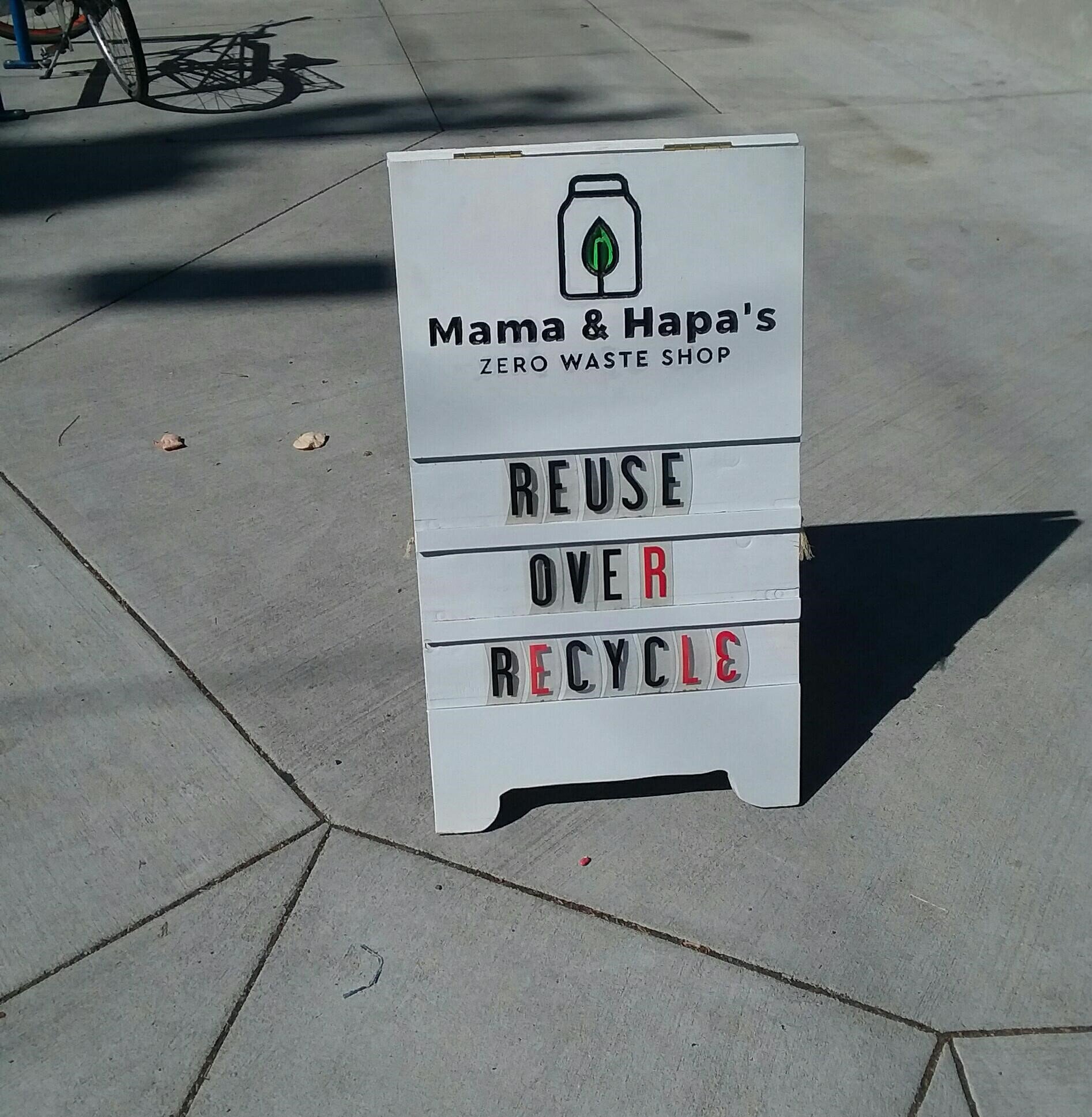Portland has been fortunate to have GO Box, a women-owned and led reusable take-out food container system, for 11 years. To date, GO Box has prevented over 750,000 single-use items from being disposed.
Like many small, local businesses in Portland, GO Box both survived and thrived during the pandemic. CEO Jocelyn Gaudi Quarrell shared that the company pivoted and recovered from the first year of Covid impacts, then transitioned from operating in a small commissary kitchen to a 1,000 sq ft space, and then into an 8,000 sq ft warehouse in July 2021. They also expanded to 10 staff members.
People passing by their Central Eastside location can look through large windows and watch the step-by-step process of how the reusable containers are collected and cleaned with automated commercial dishwashing equipment.
New space allows expansion and more partners
GO Box’s new, larger space has created opportunities to partner with like-minded businesses, such as Utility Zero Waste and Legwork Local Delivery. In total, GO Box has 100 partner vendors, including food carts, brick and mortar restaurants, and regional grocery stores. Jocelyn said she wants to support small local businesses and larger companies transition away from single-use packaging towards durable, reusable systems.
GO Box containers can now be found at the deli counter and in the bulk sections of every New Seasons Market location, from Fisher’s Landing in Vancouver to Happy Valley and Hillsboro.
And GO Box partners with Imperfect Foods to clean gel packs from the grocery delivery business so they can be reused repeatedly by Imperfect.
A new venture called Loop hired GO Box to manage logistics for their first U.S. pilot program of reusable packaging for consumer goods including everything from ice cream to shampoo. Through the pilot, you can buy products in Loop reusable packaging and return the empty containers at any of these 25 local Fred Meyer locations.
Heather Watkins, GO Box’s new Chief Revenue Officer, said, “We’ve seen a tremendous amount of interest to partner with businesses across the region. Companies are really interested to implement reusable packaging and reduce their waste. This is a big win for us all in the community.”
How it works
GO Box makes zero waste takeout easy. With a subscription to GO Box, you can order takeout food and drinks in reusable containers at 100+ restaurants, food carts, cafes, and grocery stores across Portland.
There are various subscription options so customers can borrow what they need when they need it, through the GO Box app:
Select the subscription term and credit level which best fits your reuse needs, starting at $3.95 a month.
Check out reusables from any partner vendor and return reusables to any drop site using the GO Box app.
Find a GO Box vendor, get your questions answered, and dig into why reuse matters.
